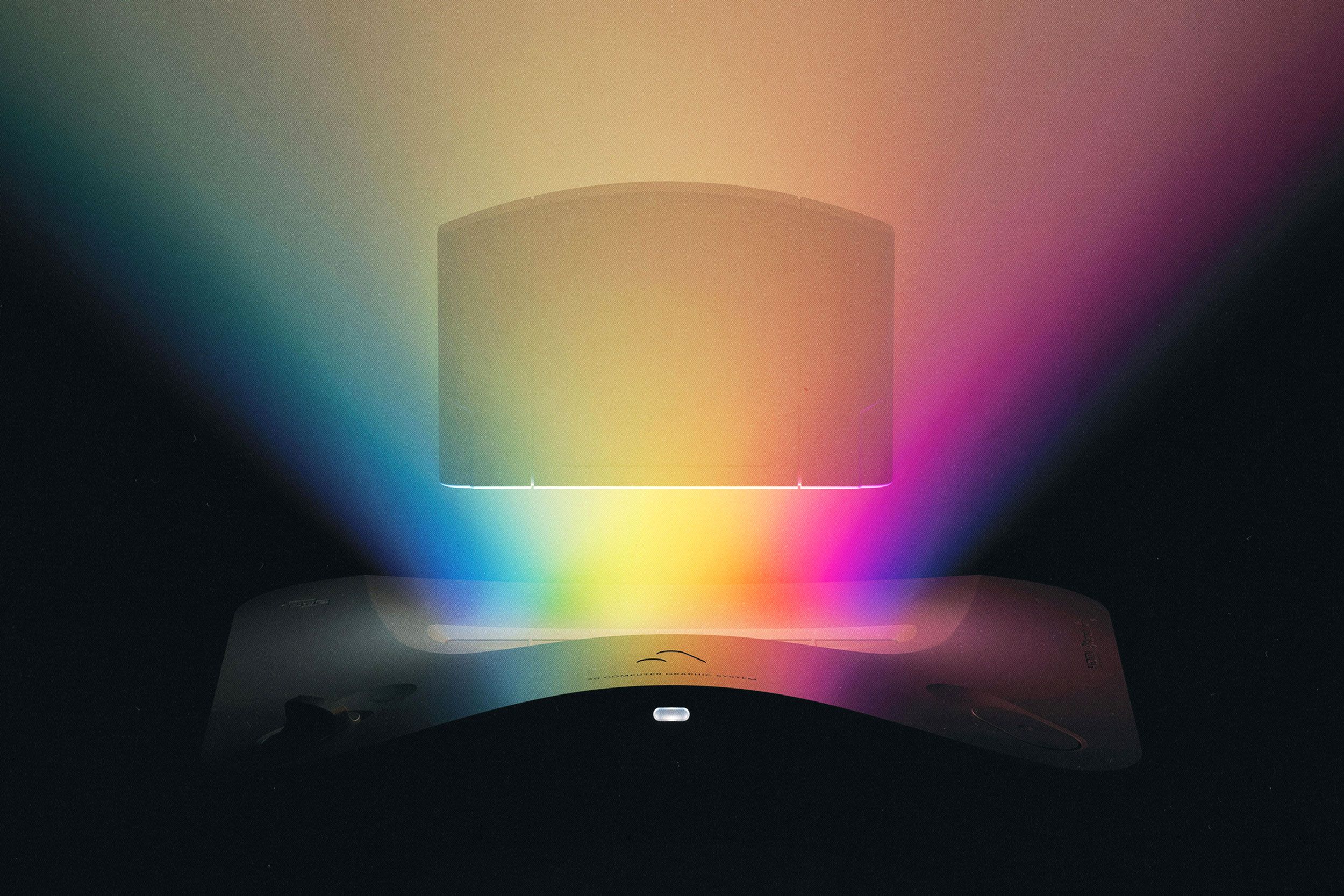Analogue just confirmed its long-awaited 3D console will finally ship November 18th after multiple delays pushed the Nintendo 64 revival from 2024 to late 2025. The $249.99 device uses FPGA technology to perfectly replicate N64 hardware while adding 4K output, but both variants are now sold out.
Analogue just ended one of gaming's longest waits. The company confirmed yesterday that its Analogue 3D, the premium Nintendo 64 revival console, will finally ship November 18th - marking the end of a delay saga that stretched from an original 2024 promise to nearly two years later.
The news sent the retro gaming community scrambling to secure preorders, only to discover both the white and black $249.99 models had sold out completely on the company's store. It's a familiar pattern for Analogue, whose premium gaming devices regularly sell out within hours of availability windows.
What makes the 3D special isn't just nostalgia - it's the tech underneath. Unlike software emulation that approximates N64 behavior, Analogue's FPGA approach recreates the original silicon at the hardware level. That matters because N64 emulation has been notoriously tricky, with even Nintendo's own Switch Online service struggling with timing issues and glitches that FPGA sidesteps entirely.
The device handles cartridges from every region - PAL, NTSC, Japanese exclusives - and upscales everything to crisp 4K while maintaining the original's precise timing. Four native N64 controller ports plus Bluetooth connectivity mean you can mix vintage three-pronged controllers with modern wireless alternatives like 8BitDo's N64 tribute pad.
But getting here took painful patience. Preorders opened October 2024 with Q1 2025 shipping promises that quickly evaporated. The company pushed dates to July 2025, then August 2025, then the vague "Q4 2025" before yesterday's concrete November 18th commitment.
The delays reflect the complexity of FPGA development, where recreating 90s silicon behavior requires months of testing across thousands of game combinations. Each delay frustrated early adopters but also validated the perfectionist approach that makes Analogue devices work flawlessly with original cartridges.

